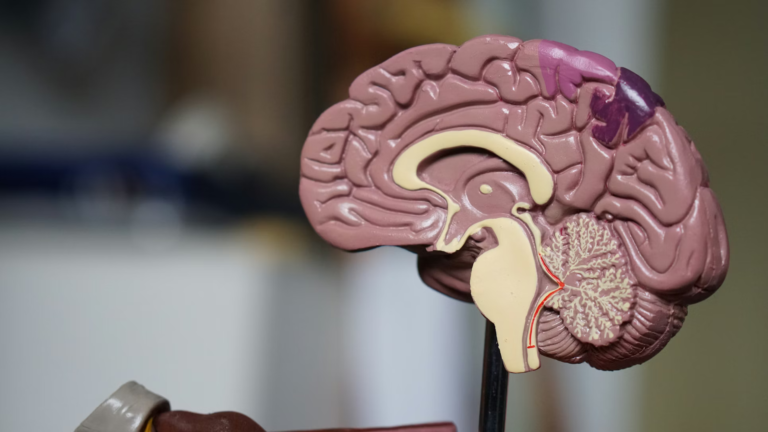Antidepressants May Double as Cancer Fighters: A Surprising UCLA Discovery

Could the medication that helps boost mood also help defeat cancer? A new study from UCLA suggests the answer might be yes — and that’s got scientists and doctors buzzing with curiosity and hope.
From Depression Relief to Cancer Defense
For decades, antidepressants like Prozac and Celexa have been widely prescribed to treat depression by increasing levels of serotonin, often called the brain’s “happiness hormone.”
These medications, known as SSRIs (selective serotonin reuptake inhibitors), work by blocking a protein called SERT that normally clears serotonin from brain cells.
But researchers have now found that serotonin doesn’t just influence mood — it also plays a surprising role in immune system function. And this is where things get very interesting: SSRIs appear to energize immune cells, particularly killer T cells, making them more effective at shrinking tumors.

Image credit: UCLA Broad Stem Cell Research Center
The First Clues
The UCLA team first noticed a link when studying tumor samples. They found that immune cells inside tumors were packed with molecules tied to serotonin regulation. That got them wondering: could boosting serotonin inside T cells help them perform better against cancer?
An earlier study tested a different kind of antidepressant, MAO inhibitors (MAOIs), on mice with melanoma and colon cancer. Those results were encouraging — the T cells fought harder. But MAOIs carry serious safety risks and tough side effects, making them less practical for widespread use.
That’s when the researchers turned their attention to SSRIs, which are safer, widely available, and already used by millions of people.
What the Study Found
The team tested SSRIs across different cancers — including melanoma, breast, colon, prostate, and bladder cancer — in both mouse and human tumor models. The results were striking:
- Tumors shrank by more than 50% on average.
- Killer T cells became more effective at destroying cancer cells.
In simple terms, SSRIs didn’t just lift mood — they reinvigorated the body’s natural cancer fighters inside the tumors themselves.
Combining SSRIs With Existing Cancer Therapies
The researchers also explored how SSRIs might work alongside modern cancer treatments. They paired the drugs with immune checkpoint blockade (ICB) therapy, a powerful but limited treatment that helps T cells recognize and attack tumors.
Here’s the exciting part: combining SSRIs with ICB therapy led to dramatically smaller tumors in all treated mice — and in some cases, complete remission.
Since ICB therapy works in fewer than 25% of patients, adding a safe and already-approved drug like an SSRI could be a real game-changer.
Why This Matters
The potential here is huge. Developing a brand-new cancer drug can take years and cost around $1.5 billion. In contrast, repurposing existing FDA-approved drugs like SSRIs could slash costs to about $300 million and bring new treatments to patients much faster.
And here’s another curious twist: roughly 20% of cancer patients already take antidepressants, mostly SSRIs. That means scientists have a ready-made group of people whose cancer outcomes could be studied right away.
What’s Next?
The UCLA researchers plan to launch clinical trials to see whether cancer patients already on SSRIs fare better than those who aren’t, especially when paired with checkpoint therapies.
If these early findings hold true in humans, something as familiar as an antidepressant pill might one day help doctors boost cancer treatment in a safe, affordable, and accessible way.
It’s a fascinating reminder that sometimes, big breakthroughs come from looking at old medicines in new ways.
Source: Serotonin transporter inhibits antitumor immunity through regulating the intratumoral serotonin axis”





